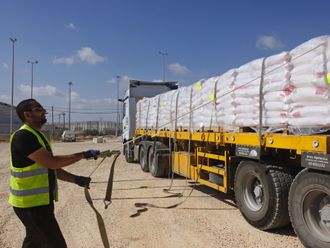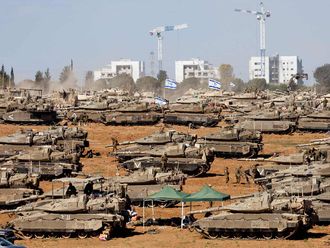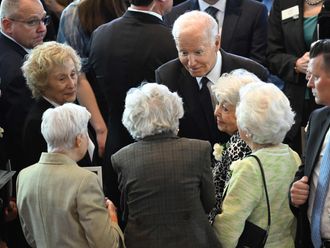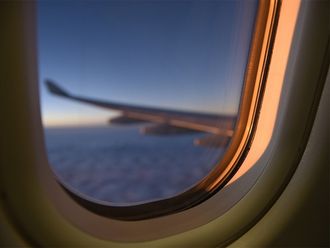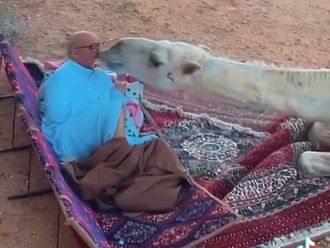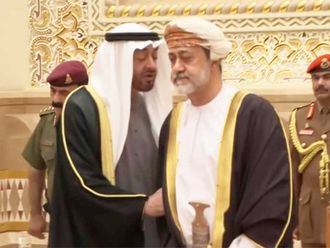
London: Syria’s opposition will on Wednesday set out detailed plans for the transition to a democratic state without President Bashar Al Assad at talks in London with British foreign minister Boris Johnson.
Ahead of his meeting with the broad-based High Negotiations Committee (HNC), Johnson told The Times newspaper that the proposals would include a six-month negotiating phase between the regime and the opposition.
The subsequent 18 months would see Syria governed by a transitional body, made up of opposition figures, current government representatives and members of civil society, he wrote.
“The vision is based on the Geneva Communique of 2012 and relevant UN resolutions, which stress the departure of Bashar Al Assad and his clique,” the HNC said in a statement.
“It calls for the establishment of a transitional governing body to protect the country’s unity, safeguarding the state and its institutions, promoting the principles of freedom, equality and citizenship.”
Johnson said the proposals would not seek to sweep away state structures, saying this was a mistake committed following the US-led invasion of Iraq that would not be repeated.
He also used his article to accuse Al Assad of “barbaric military tactics” in the ongoing conflict and criticised Russia’s “seemingly indefensible conduct” in backing him.
“The entire international community is committed, at least in principle, to getting rid of the Syrian dictator. Even the Russians have accepted that there must be political transition,” he wrote.
“But then the Russians are also employing their military muscle to prevent him from losing and to keep him in power.
“There is still a chance that this vision can be made to work,” Johnson wrote.
“If the Russians and Americans can together create a ceasefire, then the talks can restart in Geneva with the difference, perhaps, that all sides will by then have seen at least the scaffolding of a post-Assad Syria.”
Moscow and Washington are backing opposite sides in the 5-1/2-year-old Syrian conflict, with the Russians fighting on Assad’s side while the Americans back opposition groups and insist Al Assad must go.
The two powers have been negotiating in recent days, with Presidents Barack Obama and Vladimir Putin meeting for 90 minutes on Monday on the sidelines of a G20 meeting in China, but failed to reach an agreement.
However, efforts are still going on behind the scenes and Saudi Arabia’s Foreign Minister Adel Al Jubeir said in London on Tuesday that an agreement was possible within 24 hours.
In a briefing with British reporters, Al Jubeir said it was right to pursue the diplomatic effort and “leave no stone unturned” in the quest for a political solution in Syria, but appeared pessimistic. He repeatedly said Assad was not trustworthy and was unlikely to comply with any agreement.
Regional power Iran, arch-enemy of Saudi Arabia, is Al Assad’s strongest supporter and is determined to keep him in power in Damascus.
Al Jubeir said the opposition was going further than before in outlining its vision for a post-Al Assad Syria.
“It should include everybody, it should be a democracy. That’s the type of system that the Syrian opposition will be putting on the table,” he told the BBC.
“There is no reason, no excuse for anyone to say that they don’t have a plan or that their plan is not rational,” he added.
Riyadh backs the opposition.



